Faculty
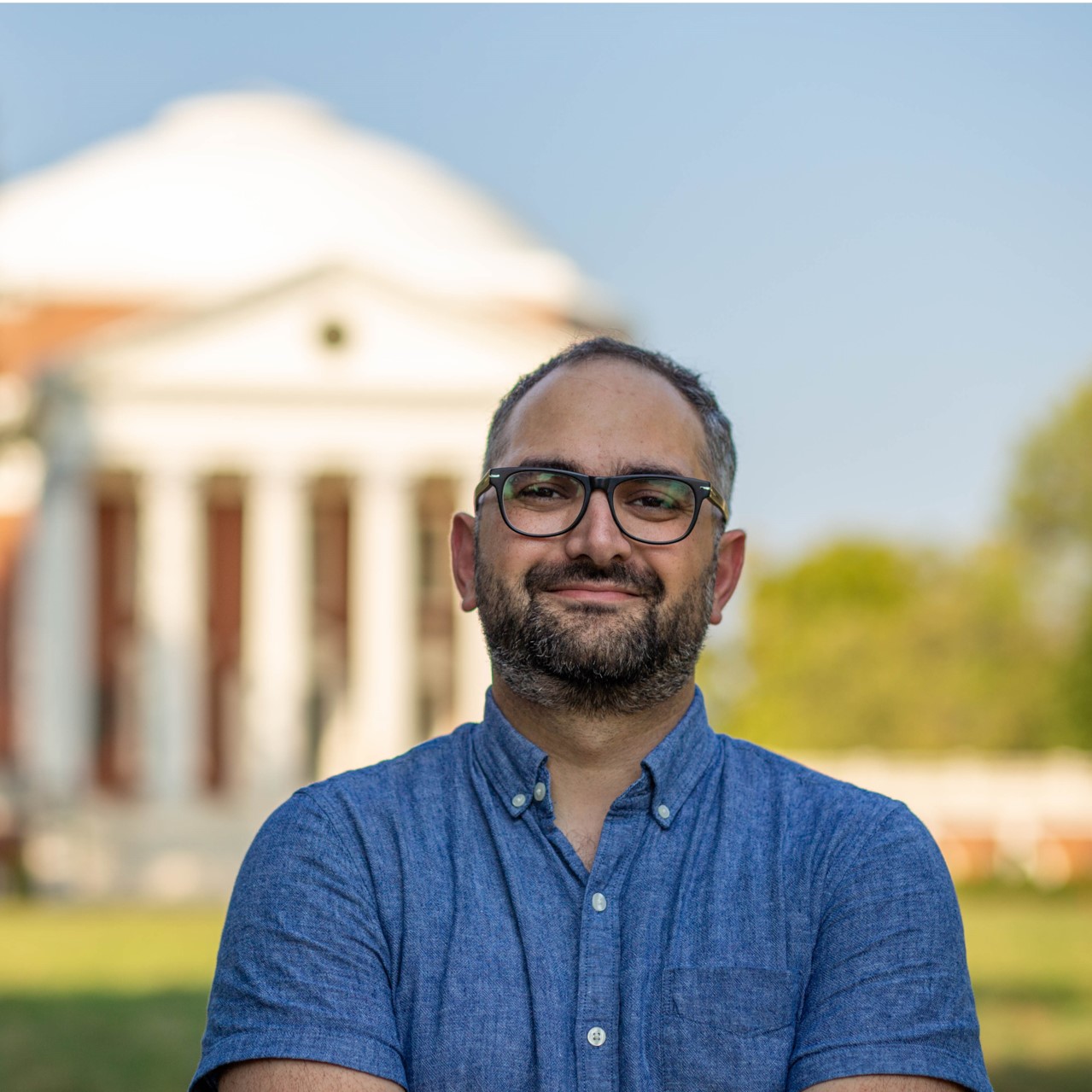
Arsalan Heydarian
Postdoctoral Fellow
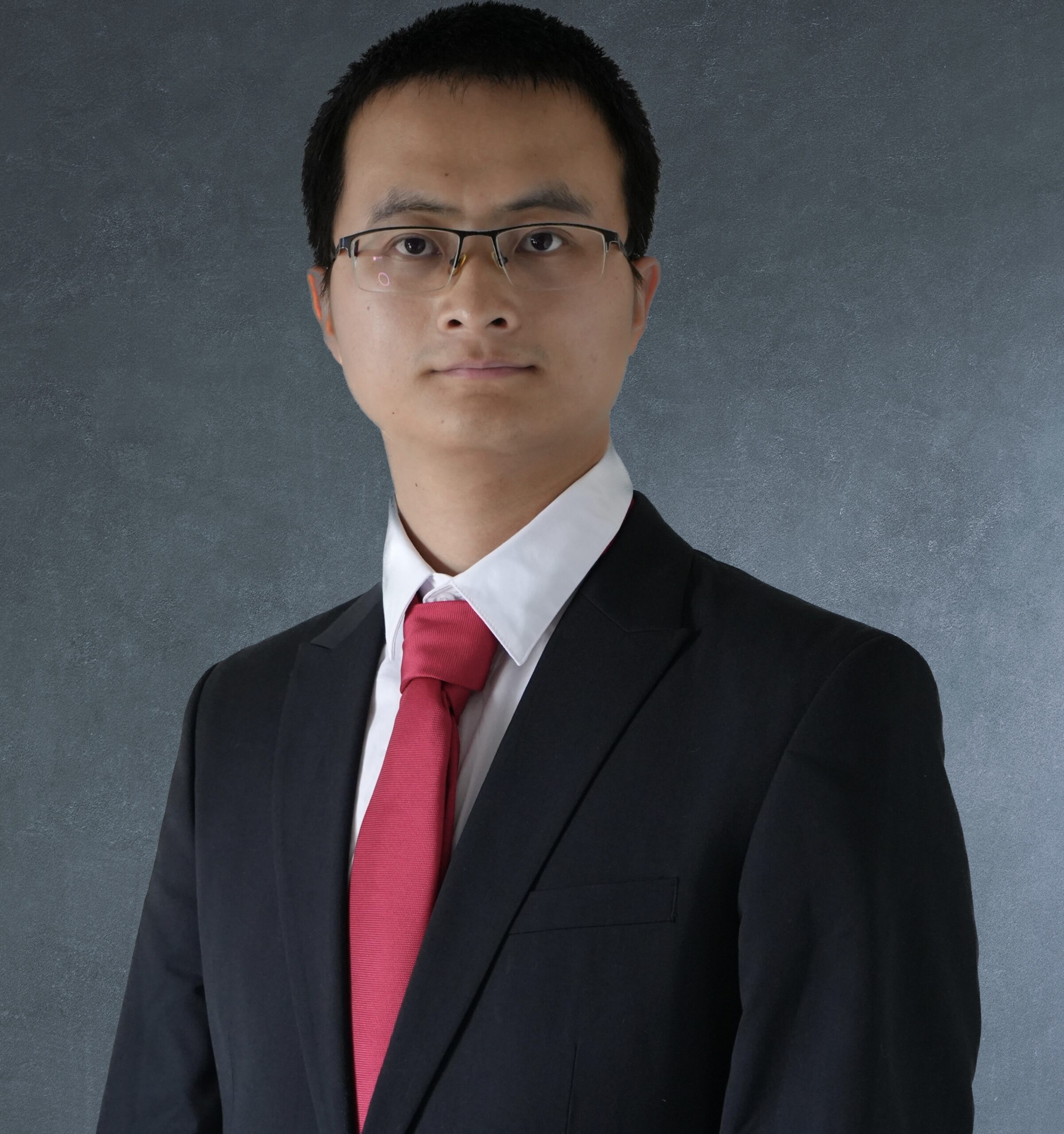
Dong Chen
Dong Chen is currently a postdoc research associate affiliated with both the Environmental Institute and Link Lab and mentored by Drs. Arsalan Heydarian and Brad Campbell. He received his B.E. degree from the University of Electronic Science and Technology of China, Sichuan, China, in 2017. He obtained M.S. (2020) and Ph.D. (2023) in Electrical and Computer Engineering at Michigan State University, MI, USA. His primary research interests include intelligent transportation systems, cyber-physical systems, and smart agriculture.
Contact info: Email, Linkedin, Github, GoogleScholar
PhD Students
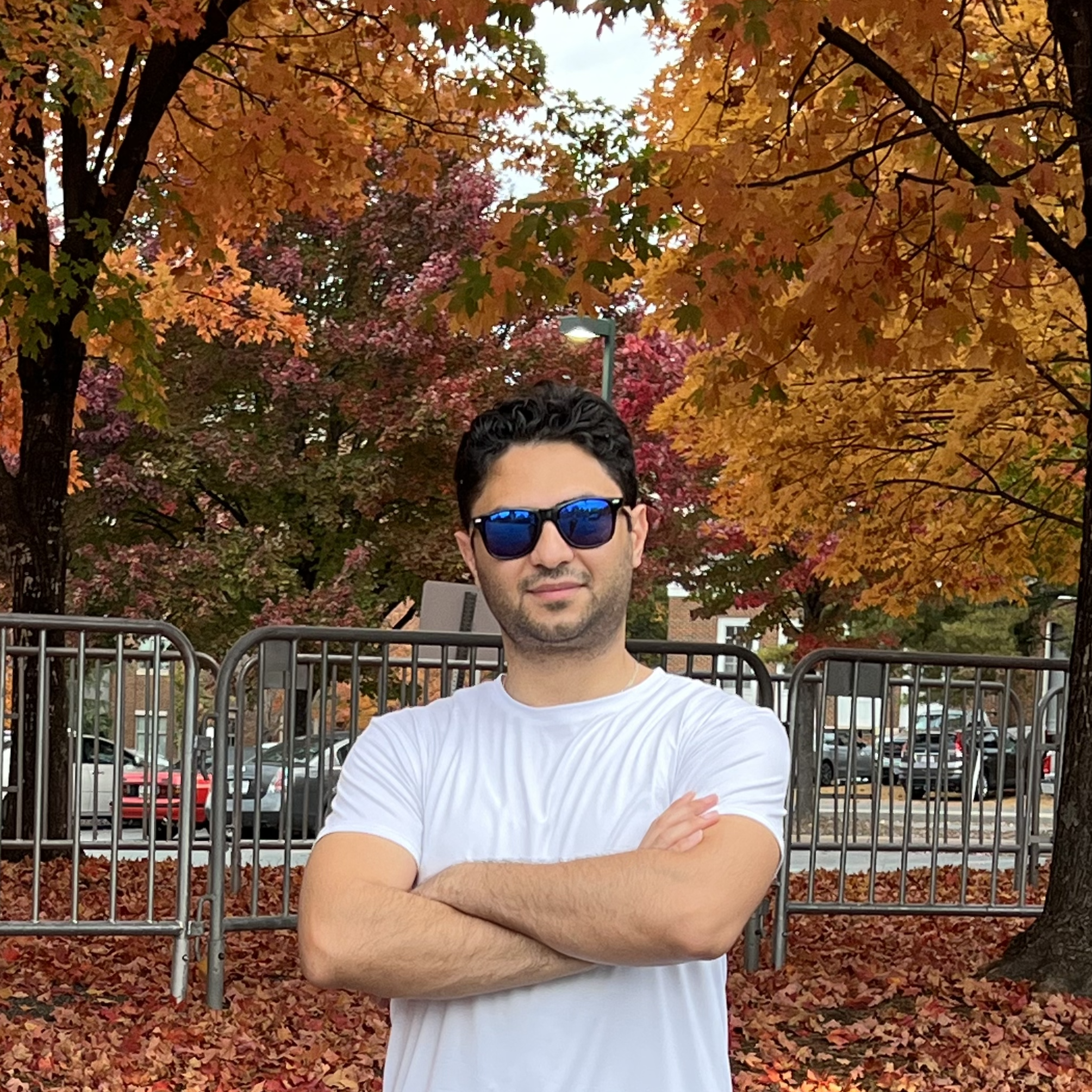
Reza Nabaei
Reza Nabaei(Rezâ) is a Ph.D. student in Systems and Information Engineering at the LinkLab of the University of Virginia. He has earned his BSc. and MSc. in mechanical engineering from the University of Tabriz in Iran. Prior to joining BRAIN Lab in 2022, he has been a thermo fluids engineer. Reza’s research interest lies on the intersection of mechanical engineering, systems engineering, and Data science, where he implements real plants with VOC sensors and indoor controlling factors like HVAC in an experimental design together with affective computing and data analysis techniques to build new ways of improving smart buildings.
Contact info: Email, Linkedin, Github, GoogleScholar
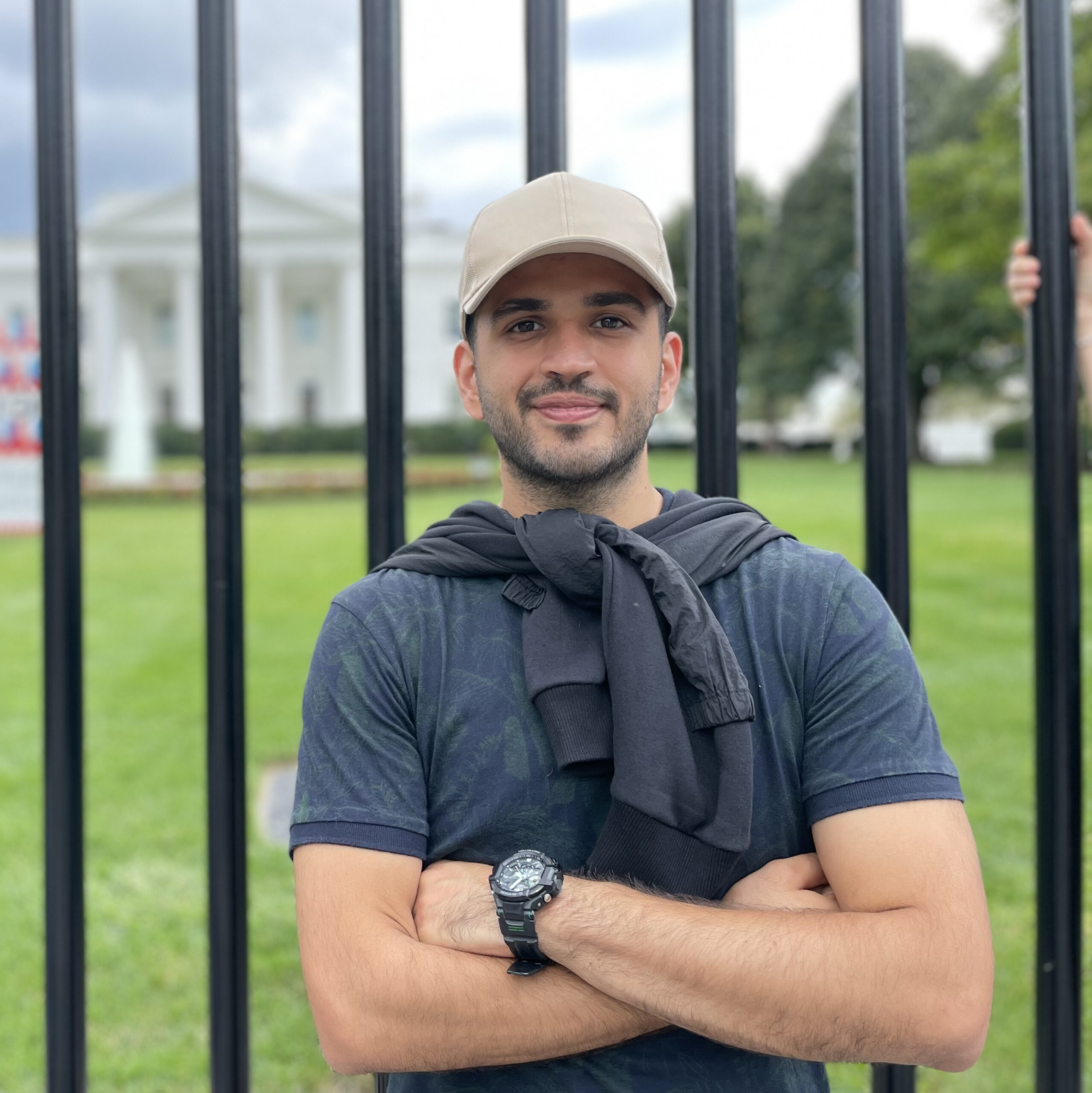
Farzin Nikkhah
Amir Farzin Nikkhah is currently in the process of earning a Ph.D. in Systems and Information Engineering at the Link Lab of the University of Virginia, bringing a considerable wealth of expertise to the field. Prior to joining the BRAIN Lab in 2023, he demonstrated excellence as a thermo fluids engineer, specializing in Computational Fluid Dynamics (CFD) with a specific focus on simulating indoor air environments. Farzin’s research interests span the convergence of mechanical engineering, systems engineering, and data science. Presently, his work at LinkLab is centered around building’s thermal assessments using image detection through deep learning. In an ongoing research project, he conducts a comprehensive building exterior assessment using regular and thermal images obtained by unmanned aerial vehicles (UAV).
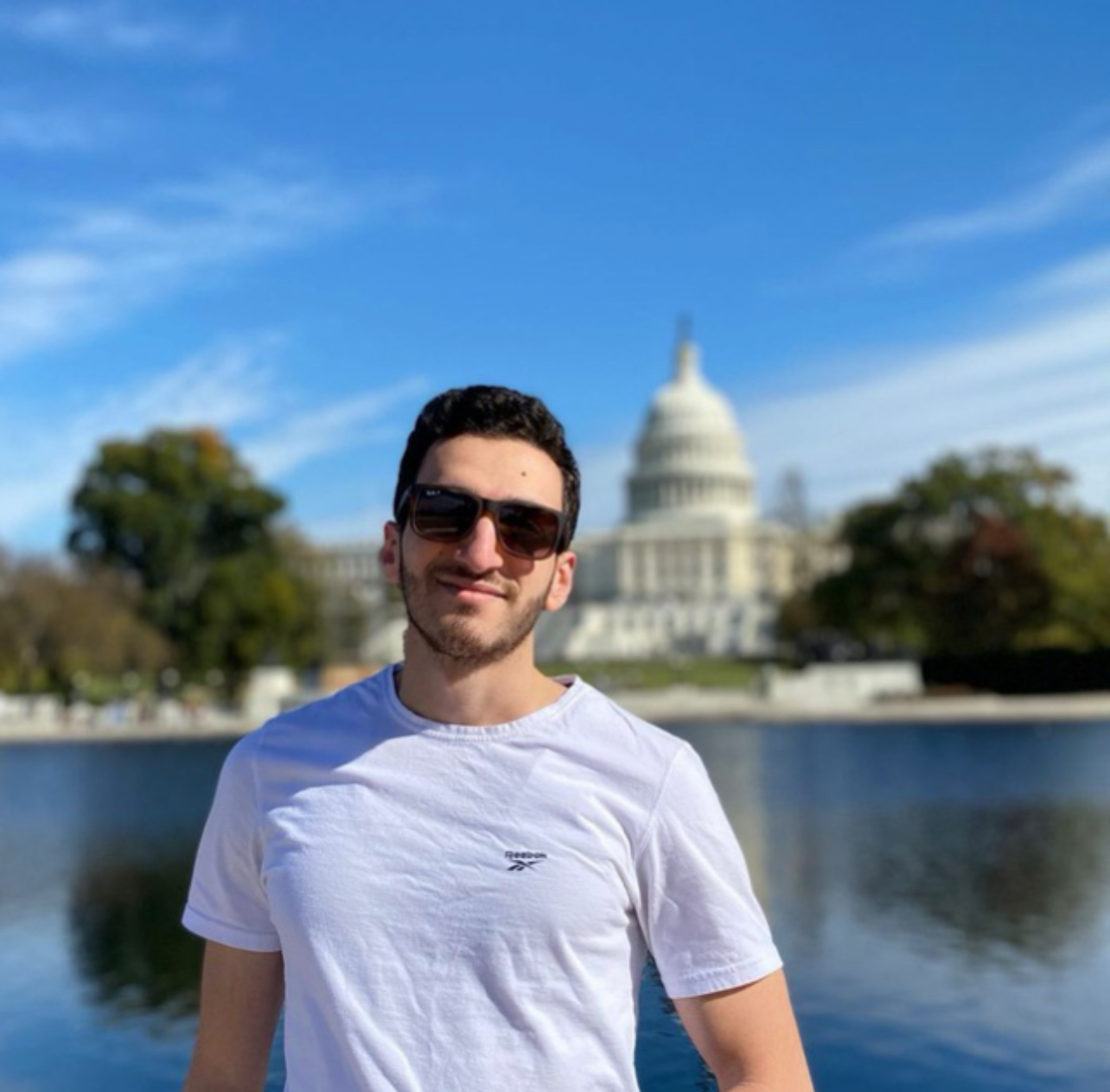
Arman Hosseini
Arman Hosseini is currently a Ph.D. student in Systems Engineering and serves as a graduate research assistant at the Link Lab at the University of Virginia. He obtained his Master’s degree in Industrial Engineering from the University of Grenoble Alpes. Prior to his involvement with the Brain Lab, he spent a year as a research intern at Laboratory G-SCOP, where he focused on applying machine learning techniques to optimize scheduling for Autonomous Intelligent Vehicles. Presently, his research interests lie in micromobility user safety and behavioral modeling, working under the supervision of Dr. Heydarian. His work involves the utilization of psychophysiological data gathered from participants in both naturalistic and built environments. Additionally, Arman is passionate about leveraging virtual reality and 3D modeling to design experiments tailored for pedestrians, bicyclists, and e-scooterists.
Contact info: Email, LinkedIn, Google Scholar

Beatrice Li
Beatrice is a Ph.D student in Systems Engineering working under Dr. Arsalan Heydarian at the University of Virginia. She is also a resident of Link Lab, a multidisciplinary center for the research of Cyber-Physical Systems (CPS). In her time at the University of Virginia, she earned her B.Sc. and M.E. in Systems and Information Engineering. In a world where smart devices are becoming more embedded within our infrastructure systems, Beatrice is interested in user privacy perceptions, attitudes, and behavior surrounding systems built for occupant well-being. She incorporates psychological and social science theories into privacy considerations within smart buildings and IoTs.
Contact Info: Email, LinkedIn, Google Scholar, Personal Website
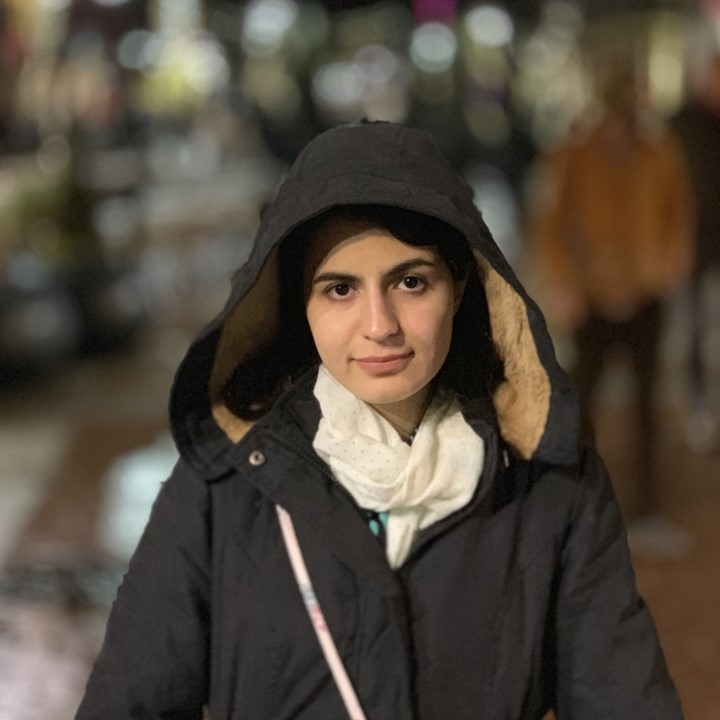
Mahsa Pahlavikhah
Mahsa is a Ph.D. candidate at the Systems Engineering and Environment Department. The overarching aim of her research efforts is to make data visualization more interactive through augmented reality. She is using machine learning and data science techniques for annalysing data, and then using computer vision and information visualization techniques to make the results more understandable and interactable for the users. In her free time, she enjoys hiking, hanging out, painting, and watching movies. To find out more about Mahsa, please visit her Linkedin. To contact her, please e-mail her at mp3wp@virginia.edu.
Masters Students
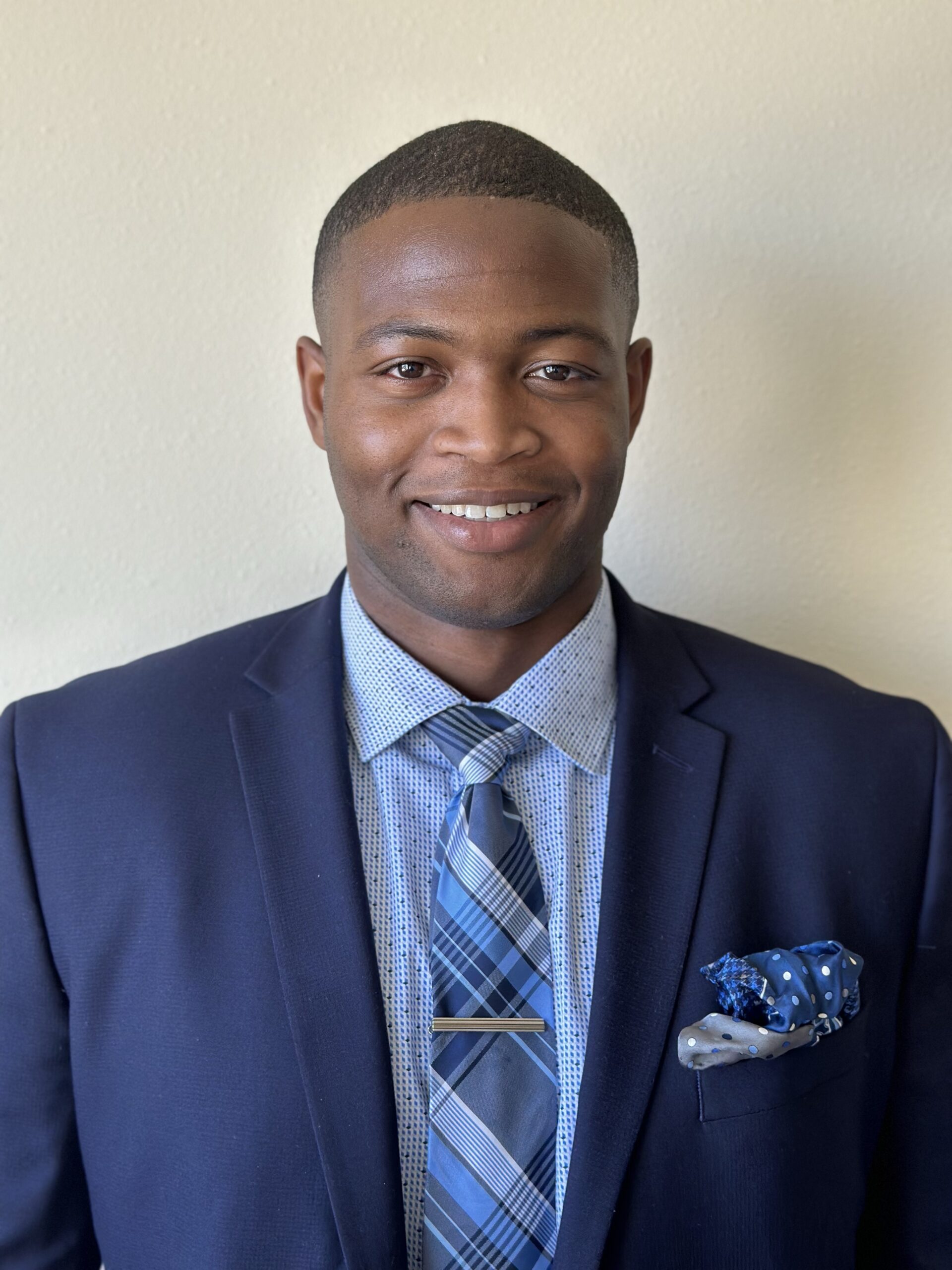
Arik Smith
Arik Smith is a masters student at the University of Virginia as a Graduate Engineering Minority (GEM) Fellow. Before joining Link Lab during the Fall of 2022, he earned a B.S. in Electrical Engineering from West Point and was commissioned into the United States Army as a Cyber Officer. His research is focused on creating data collection and analysis systems that can inform decision makers on infrastructure and regulations that best protect vulnerable road users. LinkedIn, Email
Graduated PhD Students
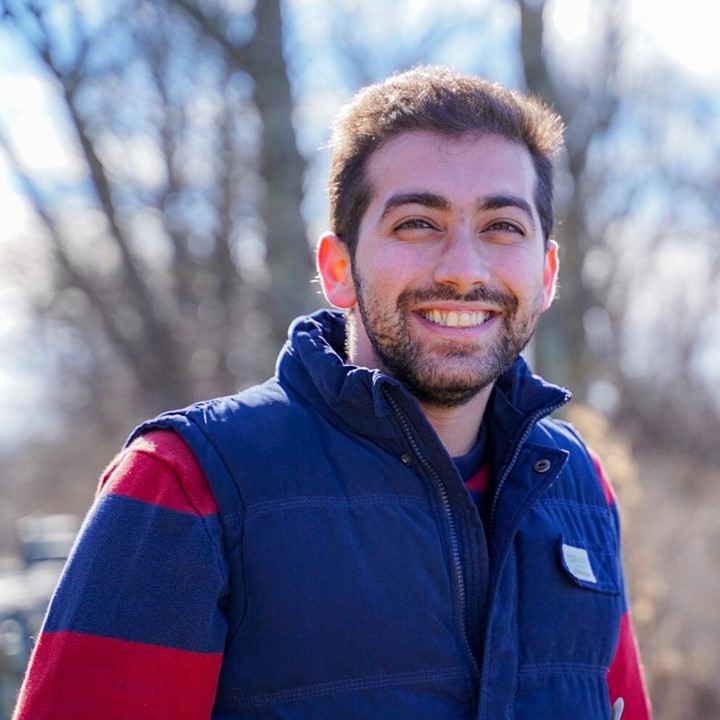
Arash Tavakoli
Arash Tavakoli was a Ph.D. candidate, originally from Iran, in Civil and Environmental Engineering (CEE) at the LinkLab of the University of Virginia. He has earned his BSc. and MSc. in CEE from the Sharif University of Technology and Virginia Tech respectively. Prior to joining BRAIn Lab, he has been a geotechnical design engineer. Arash’s research interest lies on the intersection of psychology, transportation engineering, and computer science, where he implements psychological theories and experimental design together with affective computing and computer vision techniques to enhance human-autonomous vehicle interaction. In his free-time, Arash enjoys running, landscape photography, and practicing playing piano. If you have any questions or you need more information about his research please do not hesitate to reach out to Arash at at5cf@virginia.edu.

Alan Wang
Alan was a Ph.D. Student studying occupant behavior in the Link Lab at the University of Virginia. Specifically, he is interested in the development of a lighting-based system that will affect positive indoor behavioral outcomes such as: improved mood, privacy, productivity, and energy efficiency. Alan received his B.Arch. from the University of Southern California with a minor in Applied Computer Security.

Amir Ashrafi
Amir was a Ph.D. student of the Engineering Systems and Environment department in University of Virginia since Fall 2018. His research projects are revolve around using Computer Vision, Machine Learning and information visualization techniques through Augmented Reality in smart building environment. Amir received his bachelor degree in Information Technology Engineering at Sharif University of Technology from Iran.
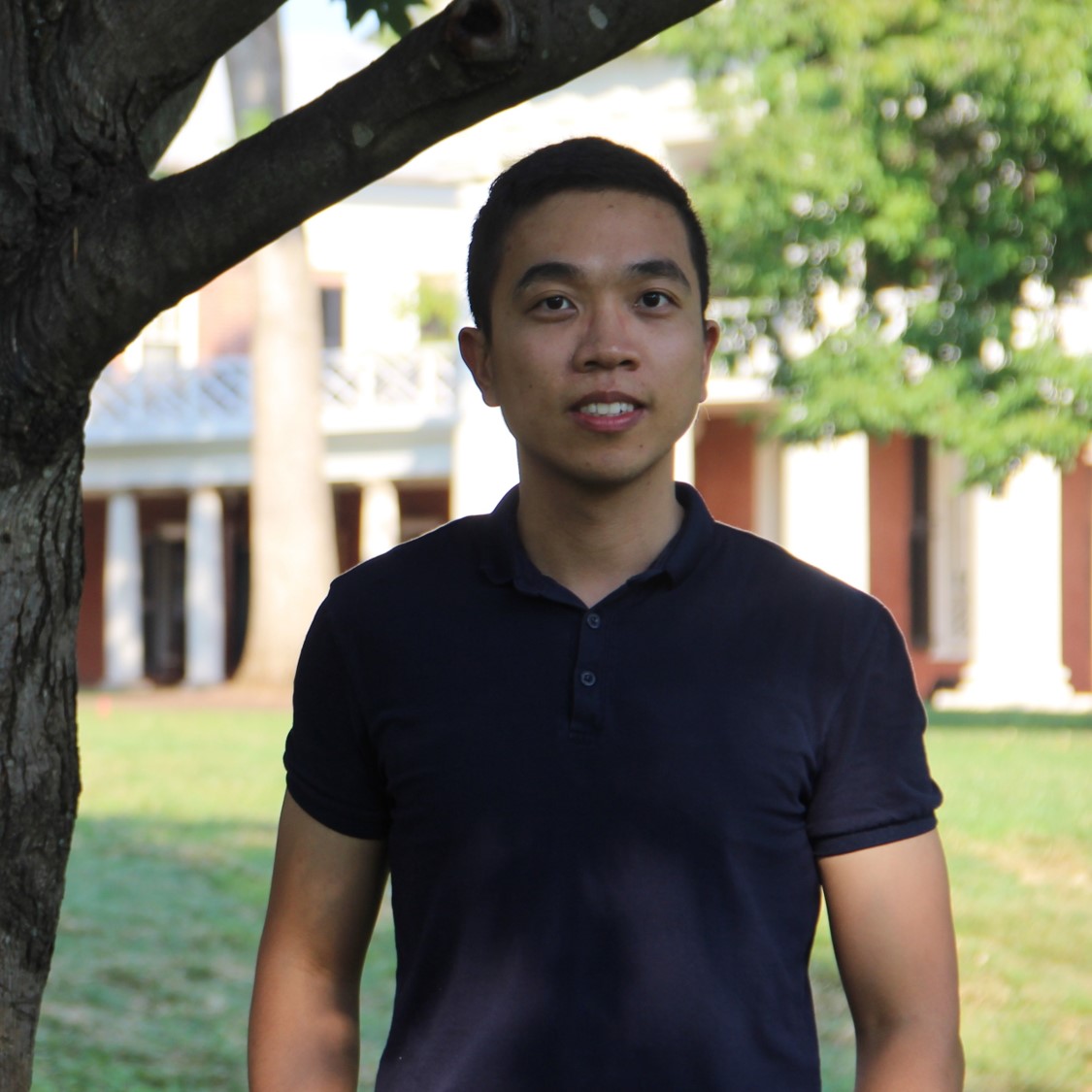
Xiang Guo
Xiang Guo was a Ph.D. student advised by Professor Arsalan Heydarian at Department of Engineering Systems and Environment, University of Virginia. He received the B.S. and M.Sc. degree in transportation engineering from Beihang University, Beijing, China. Xiang’s research interests include human performance modeling, human–machine interaction, Virtual Reality and traffic safety. For more information, please visit his Linkedin or email xg3kb@virginia.edu.
Co-advised PhD Students
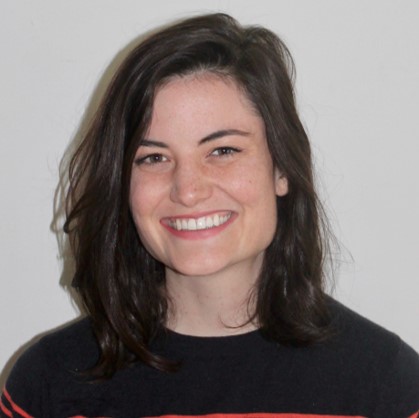
Michaela Barnett
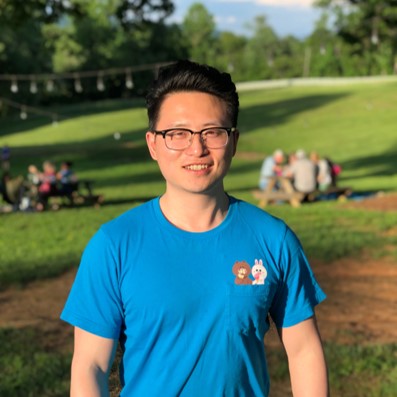
Jianyu Su
Graduated Masters Students
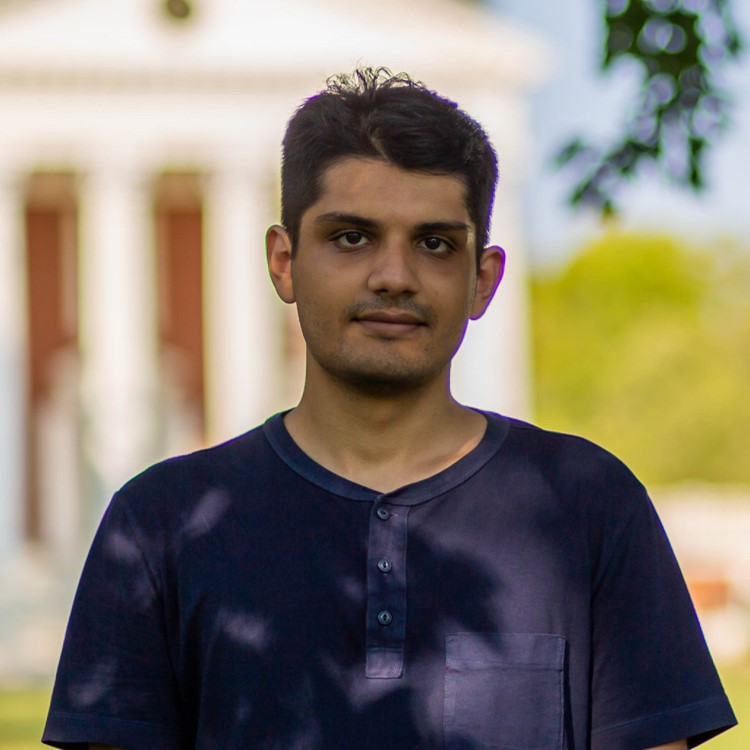
Siavash Yousefi
Siavash was a M.Sc. systems engineering student advised by Arsalan Heydarian. He has received his B.Sc in Civil Engineering from Sharif University of Technology, Tehran, Iran in 2017. Siavash’s research includes human-machine interaction, behavior tracking, and human behavior in built environment.
Undergraduate Students
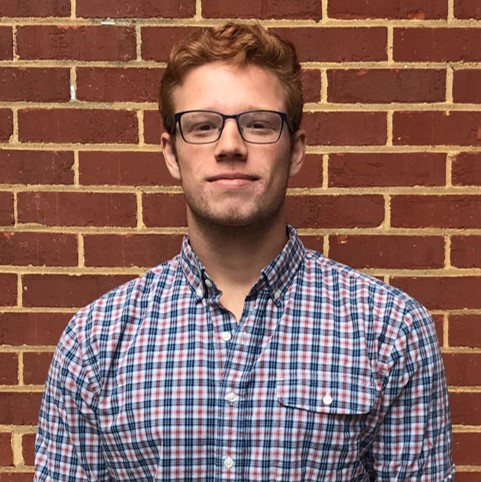
Jacob Rantas
Hi, my name is Jacob Rantas. I’m a third year systems engineering and economics double major at the University of Virginia. I joined the Living LinkLab project last spring and have been working on it ever since. My work focuses on the physical organization and the consistent maintenance of the sensors.

Megan Lin
Megan is currently a third-year undergraduate in the Systems Engineering Department and has completed an application sequence in Chemical Engineering. Her research interests include human-machine interaction and system optimization. In her free time, she likes to learn about skincare, work on video editing, and help plan events. To contact her, email ml6cz@virginia.edu!